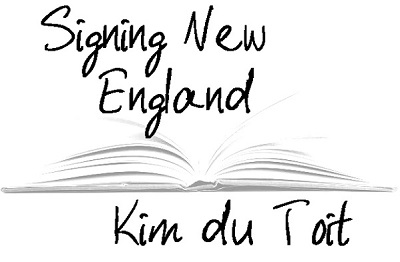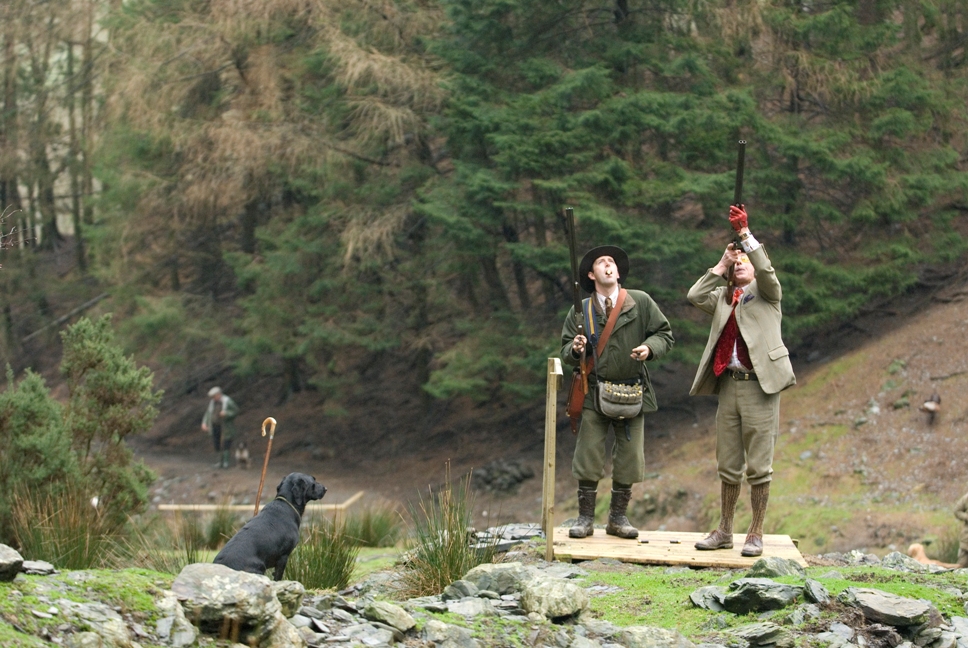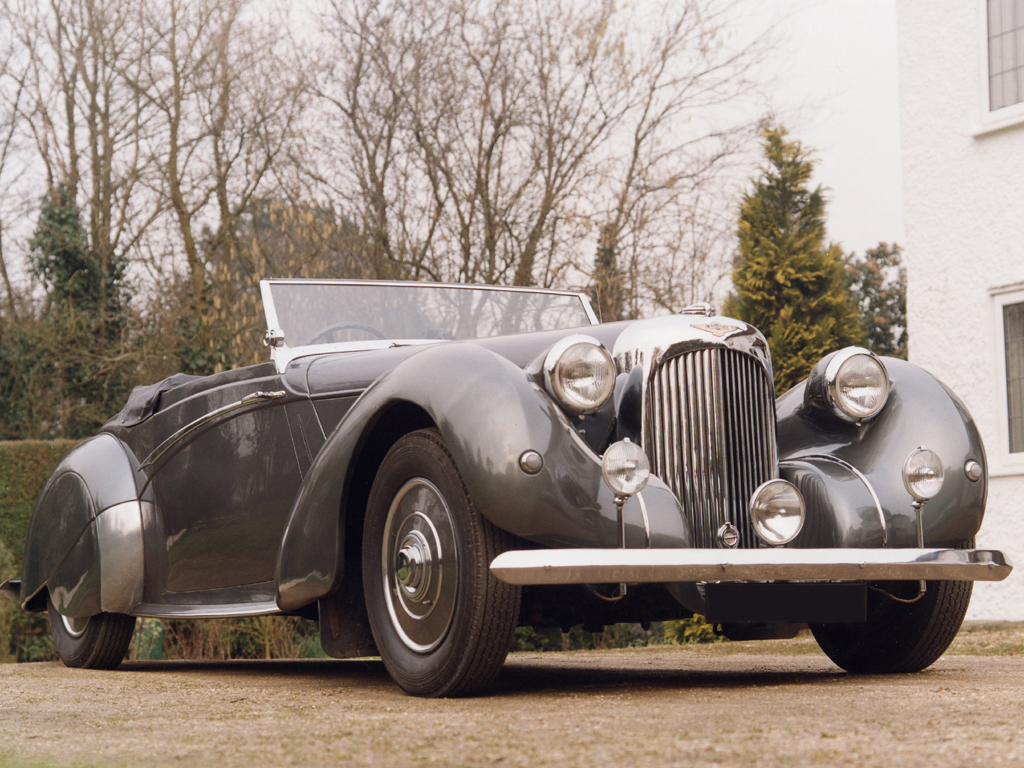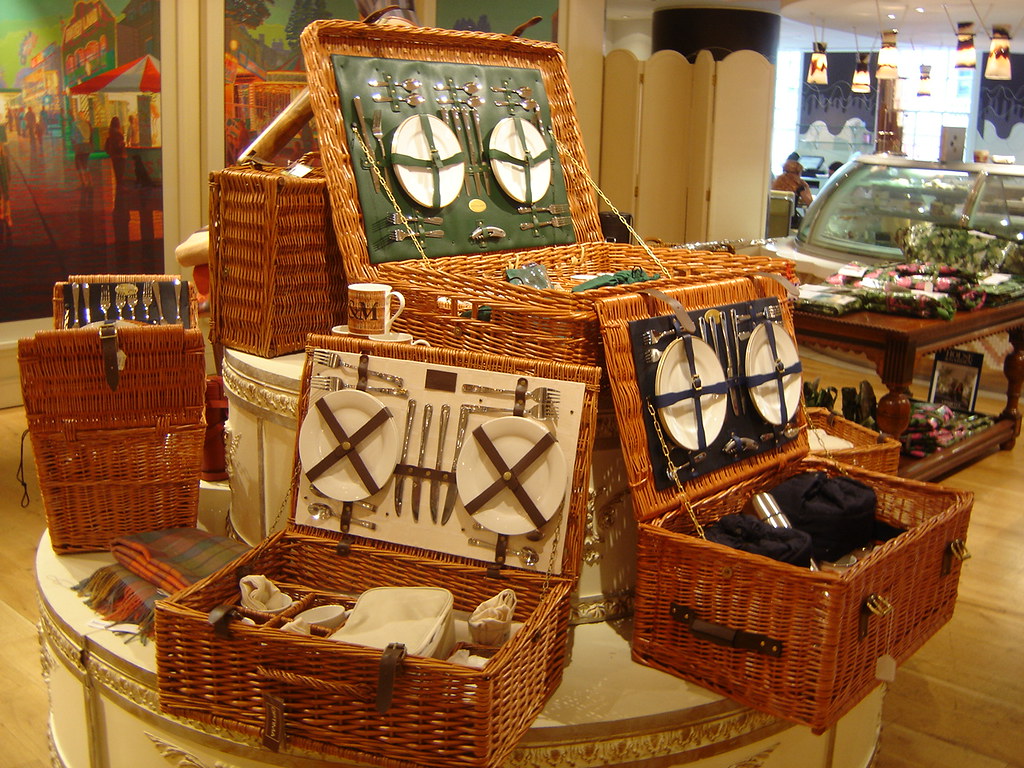For some reason I scheduled yesterday’s posts for 6pm and not 6am.
Now where did I put my glasses…?


Personal stuff
For some reason I scheduled yesterday’s posts for 6pm and not 6am.
Now where did I put my glasses…?

It’s getting on top of me. The world’s going to hell at breakneck speed, and for the first time I feel powerless to prevent it happening. Read the headlines of today’s Instapundit — just the headlines, not the stories — and tell me why I should feel any other way.
This feeling has been growing for some time now, which is why these pages have featured so many scantily-clad women, news snippets with snarky commentary, cars and other such trivia.
The weekend’s two posts about the future of the car business sum the whole thing up, really: change, really bad change, is coming down the pike and there’s not a single thing that I or anyone else can do to stop it. Standing athwart the tide of history shouting “Stop!” is a completely pointless exercise when yours is the only voice against a cacophony of voices cheering the tide along as history plunges inexorably along towards the abyss of pointless chaos and Dark Ages II.
The barbarians aren’t just at the gates, they’ve chopped the gates up and are using them for firewood to burn up not only our rights, but all those things which give us some small measure of joy. Modern movies are total shit, modern cars are shapeless and emasculated, modern handguns are like the cars, indistinguishable from each other and underpowered by being chambered mostly for the rat-shit 9mm Paralympic.
The once-Stout Bulldog Brits are being told to cancel Christmas dinners and parties because of a virus that’s more akin to a bad cold — and they’re going to comply meekly, the gutless bastards. And speaking of gutless bastards, the Australians, once renowned as the most ferocious warriors in the world, are being arrested in parks and confined to house arrest, all for the heinous sin of not wearing a piece of useless paper over their faces — and they’re doing fuck all to resist it.
The only good news of the day is that liberal asshole Chris Wallace has left Fox News; except that Fox News has become more like NBC since the halcyon days of Roger Ailes, so even the good news is sprinkled with shit sugar.
I need a day off, maybe two.
And now, if you’ll excuse me, I’m off to the range, because that seems to be one of the few joys left. I’m going to shoot my Mauser’s 8mm ammo till my shoulder aches — I don’t care where the bullets land, I just want to shoot until I can’t anymore. Then I’m going next door to the pistol range, and I’m going to shoot my 1911 to pieces, or my wrist, whichever breaks first.
My only regret is that I can’t get to the range in a truck with a loud, gas-guzzling V8 engine.
Because I thought Sunday’s date was October 30, yesterday’s post would have appeared today, except I caught the mistake late last night.
Everybody got that? (I can go over the middle bit again…)
Sorry about that. Here’s a pic of a gun to make everyone feel better:

Hey, Winston Churchill used one to kill fuzzy-wuzzies, so how bad can it be?
One of the besetting problems of getting older is that much of what passes for the modern-day zeitgeist simply passes one by, either unnoticed or else rejected without even attempting to follow.
I must have been getting old when I was still young, because:
At some point, therefore, I must have started looking at new trends, and decided, “Best not” (in the words of Lord Salisbury, circa 1894).
Don’t even ask me about politics, cars or clothing. (Longtime Readers will know all about my antipathy towards those modernistic monstrosities anyway.)
I know that everyone gets this way in their later years, but it seems mine started long before I actually reached my seniority, way sooner than when this happened to my friends of like age.
If I’d owned a house at that time, I’d probably have been yelling at the kids to get off my lawn when I was in my late twenties.
None of this means that I reject all things new, of course, just that I am extraordinarily picky about adopting any of them. This is being typed on a laptop that is hundreds or times more powerful than the corporate IBM 360/40 I worked on as an operator in the mid-1970s, and I love the cord-free existence of Bluetooth and wi-fi. But if I had to, I could easily revert to an earlier generation of comm technology.
I’m even getting bored of writing about this topic right now, so I think I’ll quit. There are a couple of books that need reading — paper books, not that Kindle nonsense.
There’s a new Kim du Toit book on sale.

Just be warned: it’s nothing like my usual fare.
The idea came to me shortly after Connie died, and I wrote most of it while staying at Free Market Towers.
I’m still working on Skeleton Coast; while it is completed (finally!), I have to reformat it the whole thing to make it work in both print and Kindle, which requires almost a line-by-line edit. It should all be done by the end of next week.
I blame my parents. Had it not been for them, my life story would have been quite different (never mind non-existent).
Neither parent came from aristocratic nor even middle-class stock, in fact quite the reverse: my father was a farm boy, later a welder and boilermaker, still later a civil engineer; my mother was a miner’s daughter, secretary and later, a housewife. Not the most promising ground for a young boy to grow into something much.
Yet they both had one burning desire: to make their children more educated, and in those days in once-colonial South Africa, this meant sending both me and my sister to expensive private schools — state-run schools then, now and forever, no place to become educated. The other course they decided on was that we children were to be raised as English-speakers primarily, and bilingual Afrikaans a distant second. For my father, an Afrikaner who could trace his roots all the way back to pre-colonial South Africa and who spoke only Afrikaans until he met my English-speaking mother, this was no small thing; but as a student engineer, he’d struggled mightily because back then, there were no Afrikaans textbooks for engineering so he’d had to learn to understand English at the same time that he was grappling to learn engineering. Even so, he’d never read Shakespeare or any of the vast treasures of English literature, and never would. As a result, he vowed that his children would not be brought up with that linguistic handicap: so off we went, to St, John’s College and St. Andrew’s School for Girls respectively.
The “colonial” part of the above cannot be overstated. South Africa had been a British colony for a long, long time: the Cape Province and Natal since 1806, and the rest of the country since the conclusion of the Boer War in 1902. While the Dutch (later Afrikaans) influence was significant, the overwhelming influence of the culture was English, and by “English” I mean pertaining to England and not to Great Britain.
Hence, St. John’s College was a brother school to England’s Eton College and not Scotland’s Gordonstoun, for instance. In some areas of South Africa, a large proportion of its White inhabitants spoke no Afrikaans at all, and even in cosmopolitan Johannesburg, speaking Afrikaans was often seen as “low class” among the upper-upper crust, and Afrikaans words were Anglicized.
The “class” ethos was completely embraced by the English-speakers, even though actual titled families and the scions thereof were practically non-existent. Most recent British immigrants were of middle-class or (some) working-class stock, and they embraced the English class structure with vigor. In Pietermaritzburg in Natal Province, for example, the highlight of the social calendar was the annual Royal Agricultural Show, which resembled nothing as much as an English institution like the Chelsea Garden Show, and was run for many years by Mark Shute, a Brit by birth and an Old Boy from Marlborough School in Wiltshire.
And the appellation “Royal” could be found all over the place, in its original meaning of “As appointed by His/Her Majesty”, as could institutions named “King’s” or “Queen’s” (e.g. King Edwards School and Queen’s College).
As a result, we kids raised in this atmosphere were steeped in English culture — until 1961, we sang “God Save The Queen” at the end of a movie, and as late as the 1970s, people would clap when members of the Royal Family appeared on movie screens (well, half the people anyway: the Afrikaners would stand stonily silent).
And this English culture was firmly rooted in the past: Victorian, Edwardian and that of the 1910-1960 era. The morals, virtues and values were all English circa 1820-1960: fair play, cricket, infra dig., formal teatime at 4pm, “that’s just not done, old man” and even noblesse oblige (sans any noblesse ) and all that.
As one of the people raised in this tradition, therefore, it should come as no surprise at all that I espoused, and still espouse that tradition. My schooling and cultural upbringing were always steeped in reverence for tradition, said tradition pretty much ending just before the Swinging Sixties [spit], and even though I as a callow youth embraced the latter with a vengeance, I would drop it like a hot rock whenever it came time for the Old Boys’ Banquet at the Rand Club or College Gaudy Day (in American parlance, homecoming), and don the formal attire required for said occasions.
So therefore it should also come as no surprise at all that I revere occasions such as Test cricket at Lord’s, the Badminton Horse Trials and, of course, the Goodwood Revival (any of which, I should state, I would rather attend than the British F1 Grand Prix — and you all know how much I love Formula 1).
Even being called a “colonial type” (a slight insult in the U.K.) brings not anger or resentment but a warm feeling in me. I may not have been born in the right time or place, but that doesn’t mean I don’t love it.
Thus, I am enormously attracted to the prospect of a return visit to Lord’s, High Tea at Fortnum’s, donning the Harris Tweed to go birdshooting with Mr. FM at Lord Someone’s estate, and attending the Goodwood Revival dressed in period clothing (which hasn’t changed much — duh! — from the aforementioned attire for shooting). And those are just some of the activities which jump to mind.
It all hearkens back to my upbringing and brings with it a longing for a gentler, more gracious era, and my being an entrenched conservative, this too should be unsurprising to anyone who knows me.
And it’s all thanks to my parents.
Here are a few of the aforementioned occasions and artifacts:






I have to stop now, or we’ll be here all day.